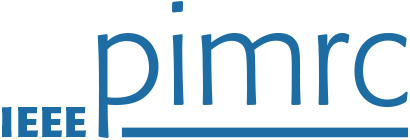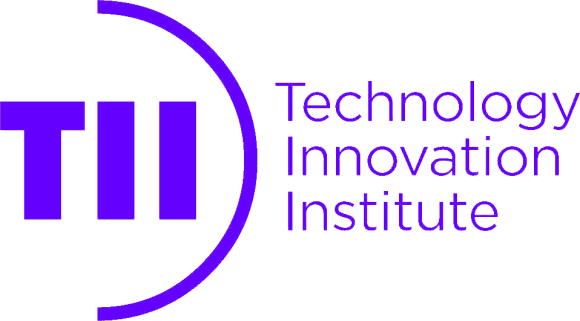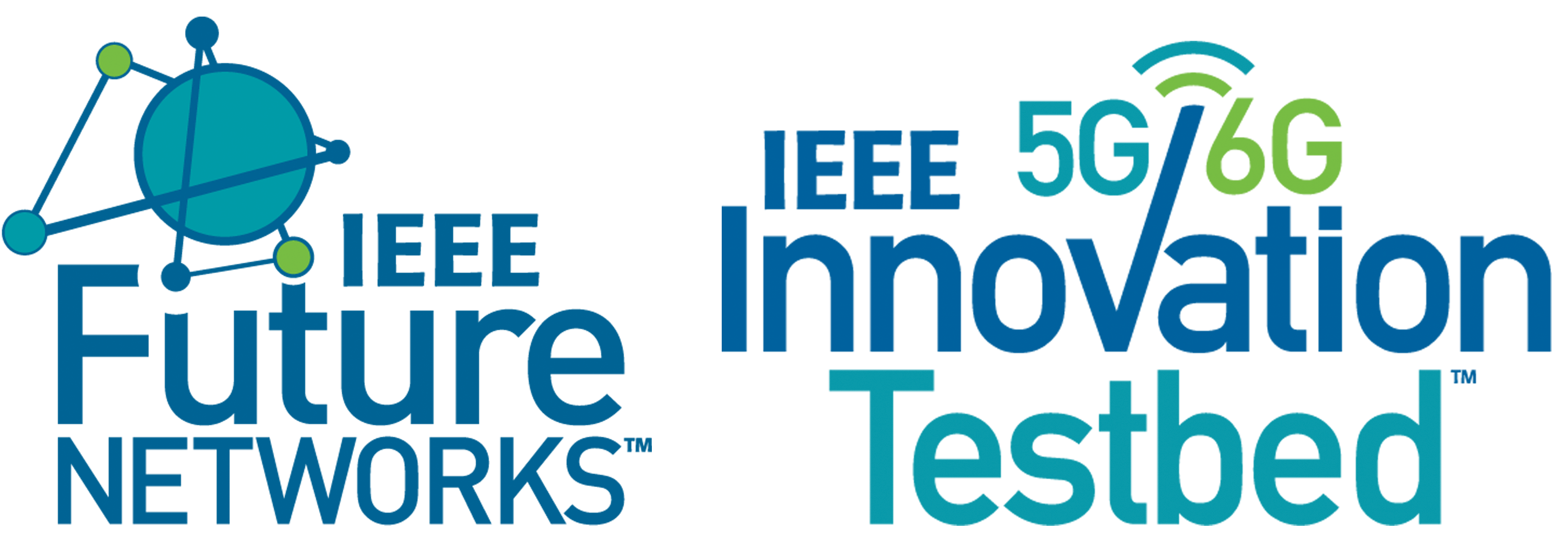Day: Tuesday, 05 September
Time: 9:00 – 12:30
Room: Dockside 9
Tentative Program Schedule Below:
Multiple Access, Positioning and Sensing for Future Wireless Communications
09:00-10:30 NGMA
Accepted paper 1: Implementation of User Access Control Based on Resource Hopping Multiple Access Scheme in mMTC Scenario
Botao Feng, Guoyu Ma, Yiyan Ma and Dan Fei (Beijing Jiaotong University, China); Jingjing Liao and Xinjian Ou (Wuhan Maritime Communication Research Institute, China); Bo Ai (Beijing Jiaotong University, China)
Accepted paper 2: Non-Orthogonal Multiple Access With Transmit Diversity for Low Latency and Massive Connection
Masafumi Moriyama, Masahiro Yamazoe and Takashi Matsuda (National Institute of Information and Communications Technology, Japan); Takeshi Matsumura (National Institute of Information and Communications Technology (NICT) & Kyoto University, Japan)
Accepted paper 3: Defeating Jamming Attacks in Downlink Pairwise NOMA Using Relaying
Van Lan Dao (Malardalen University, Sweden); Svetlana Girs (Mälardalen University, Sweden); Elisabeth Uhlemann (Malardalen University, Sweden)
Accepted paper 4: Power Optimization in RIS-Assisted P-NOMA for Full-Duplex 6G Vehicular Networks
Somayeh Mokhtari, Fang Fang and Xianbin Wang (Western University, Canada)
Accepted paper 5: A Hybrid Optimization and Deep RL Approach for Resource Allocation in Semi-GF NOMA Networks
Duc Dung Tran (SnT, UniLu, Luxembourg); Vu Nguyen Ha and Symeon Chatzinotas (University of Luxembourg, Luxembourg); Nguyen Ti Ti (University of Quebec, Canada)
11:00-12:30 NTPSCN
Keynote 1: Demands and prototypes of sensing for 5G-A and beyond communication networks
Jingwen Zhang (China Mobile Communications Corporation, China)
Keynote 2: An Overview of 3GPP Carrier Phase Positioning for 5G-Advanced and Beyond
Ren Da (China Academy of Telecommunication Technology, US), Bin Ren (China Academy of Telecommunication Technology, China), Shaohui Sun (China Academy of Telecommunication Technology, China)
Keynote 3: Localization and sensing toward 6G
Henk Wymeersch (Chalmers University, Sweden)
Accepted paper 1: RF SSSL by an Autonomous UAV With Two-Ray Channel Model and Dipole Antenna Patterns
Hyeokjun Kwon, Sung Joon Maeng and Ismail Güvenç (North Carolina State University, USA)
Accepted paper 2: An IEEE 802.15.4z-Compliant IR-UWB Radar System for In-Cabin Monitoring
Amirashkan Farsaei and Bernard Meyer (IMEC, The Netherlands); Alireza Sheikh (IMEC Nederland, The Netherlands); Mohieddine El Soussi (Imec, The Netherlands); Peng Zhang (Holst Centre / imec Netherlands, The Netherlands); Gururaja Kasanadi Ramachandr, Jochem Govers and Martijn Hijdra (IMEC, The Netherlands)
Multiple access has long been the “pearls in the crown” for each generation of mobile communication networks. In the past generations, grant-based orthogonal multiple access (OMA) schemes such as Time Division Multiple Access, Frequency Division Multiple Access, Code Division Multiple Access, and Orthogonal Frequency Division Multiple Access, have been the major schemes, where each user is allocated with one orthogonal time/frequency/code resource. Now, we colleague already stand at 5G “Square” and heading towards 6G. The evolution from 5G towards 6G is expected to transfer the communication philosophy from connected people and things to connected intelligence, which brings new usage scenarios and new challenges for conventional OMA-based systems. In addition to the explosive data demand in 6G, emerging bandwidth thirsty applications (e.g., virtual reality, augmented reality), massive connectivity (e.g., Internet-of-Things networks connecting billions of machine-type devices), ubiquitous wireless coverage (e.g., space-air-ground-integrated-networks), multi-functional wireless networks (e.g., the integrations of communication, sensing, and computation), and bit-beyond transmissions (e.g., semantics/tasks/goals-oriented communications) create new challenges for multiple access. Given the limited radio resources and the stringent rate/latency/connectivity requirements, it necessitates the paradigm shift in multiple access design from grant-based OMA to non-orthogonal/massive/random/grant-free multiple access and other possible multiple access for 6G, namely Next Generation Multiple Access (NGMA). Moreover, the development of NGMA has also to be jointly considered with new enabling technologies, new spectrums, advanced artificial intelligence tools/native intelligence, etc. This workshop aims to attract novel and solid contributions on the emerging topic of NGMA for future wireless communications.
Organizers:
Tianwei Hou, Beijing Jiaotong University, China
Xidong Mu, Queen Mary University of London, UK
Yan Chen, Huawei Technologies, Canada
Yuanwei Liu, Queen Mary University of London, UK
Naofal Al-Dhahir, University of Texas at Dallas, USA
3GPP has witnessed the growth of interest in cellular positioning solutions from a variety of use cases and scenarios in 5G and 5G-advanced. Recently the normative phase of the Release-18 expanded and improved positioning as the first release of 5G-advanced has been launched, which will eventually broaden the landscape of location service provided by the cellular eco-system.
The next 6G cellular networks will be a rendezvous between localization, sensing, and communication. Indeed, through their design, new applications, such as cross/augmented reality, radio holography, and autonomous vehicle navigation, will be enabled at an unprecedented accuracy and reliability. Towards this vision, technologies for 6G environment-aware communication systems foster the usage of new radio frequency (RF) spectrum at high frequency ranges (e.g., the Terahertz bands), or the employment of beamspace processing techniques that represent the evolution of current beamforming techniques in the 3D space domain. In addition, large intelligent surfaces (LIS), in either active or reflective mode (e.g., as reconfigurable intelligent surfaces (RIS)), have already been identified as a powerful paradigm thanks to the possibility to shape the electromagnetic environment intelligently, thus enhancing ambient awareness.
This workshop aims to bring together researchers and experts from academia and industry, and to discuss and promote the research and development needed to overcome the major challenges and discuss the new opportunities and the key techniques to support future positioning and sensing solutions for IMT systems beyond 5G, including but not limited to the following aspects:
- Fundamental Localization Limits
- Carrier phase positioning
- Bandwidth aggregation across non-contiguous frequency bands
- Ultra-wide bandwidth techniques
- Millimeter-Waves and TeraHertz Technologies
- Beamspace Processing
- Reconfigurable intelligent surfaces (RIS) assisted localization and sensing
- Large intelligent surfaces (LIS)
- Sidelink and Cooperative positioning
- NLoS positioning
- Artificial intelligence for localization and sensing
- Integrated positioning and sensing
- Industry IoT positioning
- Ambient IoT/Radio-Frequency Identification/backscatter-based localization
- Passive Sensing
- Holographic Localization with Active Intelligent Surfaces
- Holographic Localization with Passive Intelligent Surfaces
- Unmanned Aerial Vehicles for Vertical Localization
- Low Range Radar
- Vision and visible light-based localization
- Secure localization and privacy
- Testbeds and experimentation
Organizers:
Su Huang, Huawei Technologies Co.,Ltd, China
Ahmed Elzanaty, University of Surrey, United Kingdom
Henk Wymeersch, Chalmers University, Sweden
Ryan Keating, Nokia Corporation, United states
Francesco Guidi, National Research Council of Italy (CNR), Italy
Anna Guerra, University of Bologna/National Research Council of Italy (CNR), Italy
Benoit Denis, French Alternative Energies and Atomic Energy Commission, Lab of Electronics and Information Technology (CEA-LETI), France
Yuan Shen, Tsinghua University, China
IMPORTANT DATES
Paper Submission Deadline: 19 May 2023 Extended date: 31 May 2023
Acceptance Notification: 16 June 2023
Camera-Ready Due: 07 July 2023
Workshop Date: 05 September 2023







